FAQ
do my concerns warrant treatment?
This is a very common question, especially for working professionals who hope to manage concerns on their own. For high-achieving persons, seeking help can feel like a personal failure and at odds with social or familial expectations of self-reliance and stoicism. Because of this, seeking counseling is actually the strongest thing you can do. It’s important to know that 1) mental health concerns are not at all a sign of weakness (in fact, they are important indicators of your needs), and 2) therapy is extremely effective across a range of concerns. Therapy is more effective than many of our most strongly-supported medical treatments (e.g. beta-blockers in cardiology, calcium for osteoporosis, corticosteroids for asthma) and as effective as pharmacological treatments and often more enduring in impact.
IS TELETHERAPY EFFECTIVE?
Other than ensuring patients understand the unique risks and benefits of telepsychology (e.g. confidentiality and connectivity issues), telepsychology is nearly identical to traditional in-person treatment. In fact, meta-analytic reviews (which combine the results of numerous studies to look at larger patterns) find that telepsychology is as effective as face-to-face therapy for anxiety, panic, phobias, depression, and behavioral changes like weight loss (Anderson et al., 2014; Barak et al., 2008; Richards & Richardson, 2012'; Wantland et al., 2004), with online therapy being potentially even more effective in the treatment of anxiety and PTSD than face-to-face services (Barak et al., 2008).
What will our meetings look like?
In our first meeting you can expect a wide-ranging assessment as we seek to understand your concerns within the context of your social, psychological, and biological history. By the end of the first meeting, we always offer you our impression of your primary concern (sometimes in the form of a formal DSM-5 diagnosis (e.g. “persistent depressive disorder”) and other times in the formulation of an interpersonal cycle), what this indicates for the nature and length of our work together, and seek feedback from you on whether our understanding and tentative goals are consistent with your own. In our second and third sessions, we will frequently have you complete specific assessments, have individual meetings if you are a couple seeking help, or ask for your continued feedback to confirm our working hypotheses. From here, we will collaboratively address the core targets of treatment.
The treatment we suggest to you will be highly dependent on your specific concern, but our general approach to individual therapy is an assimilative integration of third-wave cognitive-behavioral techniques within a time-limited, psychodynamic framework. That’s just an overly-complicated way of saying we listen carefully to what you say for recurring themes of emotions/thoughts/behavior as indicators of possible underlying conflicts. From here, we use mindful approaches to help you become aware of, have compassion for, and disrupt any unhelpful patterns. With regard to couple therapy, we utilize the general frameworks of Integrative Behavioral Couples Therapy and Emotion-Focused Therapy.
Exactly How long will I be in therapy?
We will regularly discuss the direction of therapy and your progress, with most courses of individual treatment lasting 8-20 sessions and families and couples frequently requiring 12-25 sessions. Some concerns do warrant longer treatment, particularly in the case of complex trauma or high-conflict couples. While our fees are comparable to other doctoral-level psychologists in the area, we are very aware that a full course of treatment can become very expensive. As such, you can expect that we will be very intentional about our time and your treatment progress, and check in with you frequently about how we are doing as a team. If you/we feel that you are not adequately benefiting from our services for whatever reason, we will refer you to someone who may be a better fit as soon as possible.
do you treat substance use disorders?
Our treatment approaches are most appropriate for persons who are experiencing cycles of behavioral addiction as opposed to substance use. At the same time, our services can be a good fit for someone seeking preventative care for substance use, already involved in a 12-step or similar program, or someone in remission from a substance use problem and seeking support. Those with active substance use concerns are typically better served by a higher level of care than we provide. If you have any questions or are at all unsure about your specific situation, we are happy to provide a free consultation, discuss whether we are a good fit, and consider referral options as indicated.
What is your cancellation/No Show policy?
We ask for at least 24-hours notice from you if you will not be able to attend an appointment. This is in order to provide enough time for us to accommodate our schedules accordingly. We do allow one “freebie” missed appointment per year at no charge to you, and will contact you as a reminder of our policy. After the first late cancellation or no-show, we will charge a $100 late cancellation fee for any cancellations made with less than 24-hours notice.
Any other questions?
If you have any other questions at all, please don’t hesitate to take that first step to set up a free, 15-minute consultation with one of us. It's a great, zero-pressure way to get a sense of us as clinicians and how we can serve you best. We know you can get through this and we are confident we can help. Let’s get started!
